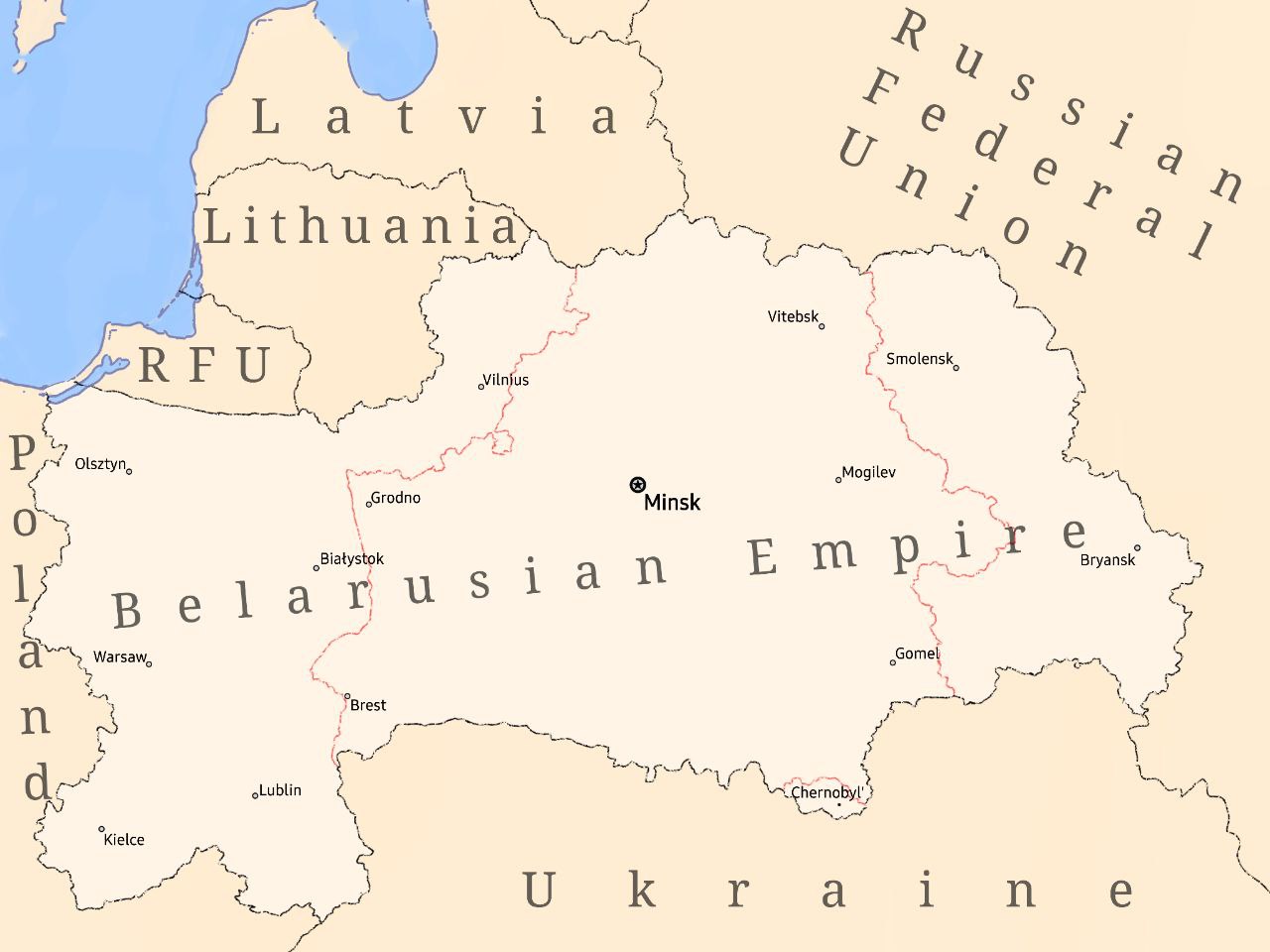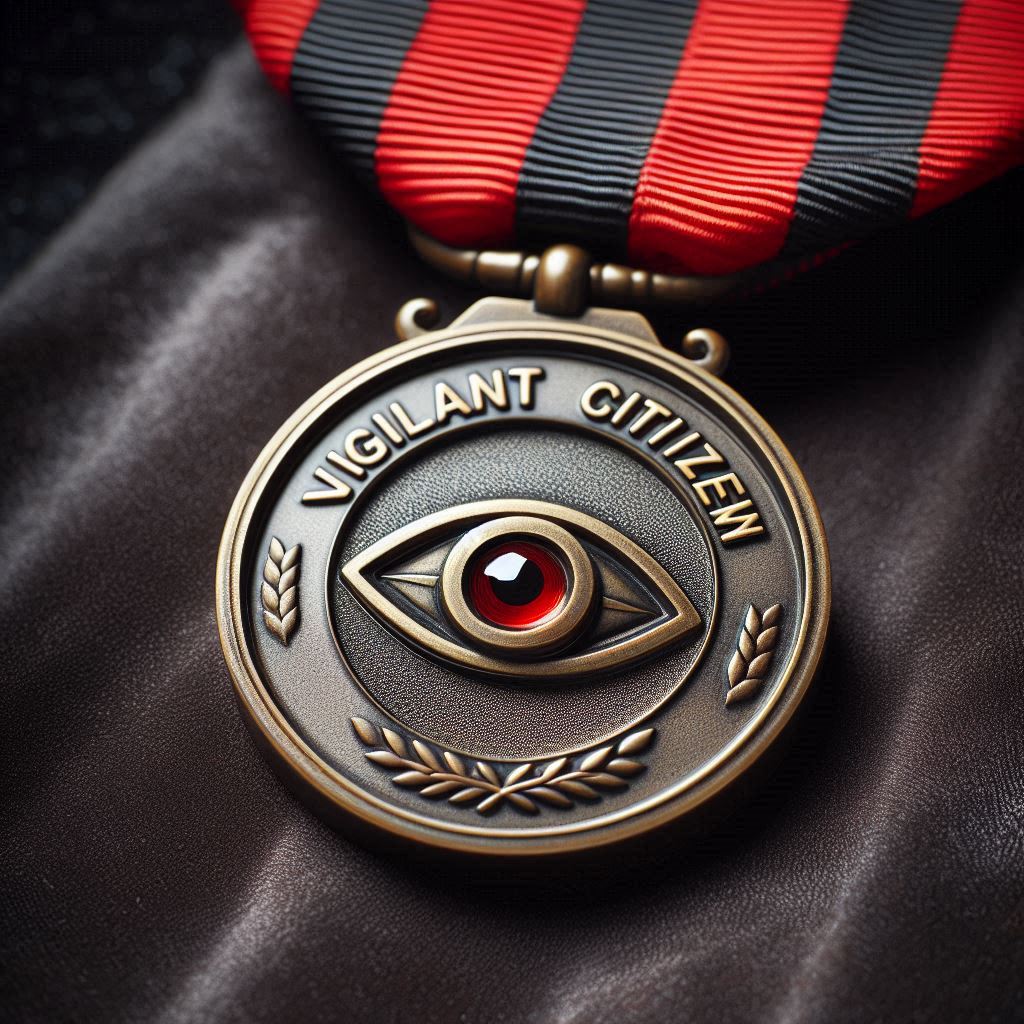IMPERIAL TRUTH GAZETTE
General Gromov Visits Youth Camp "Young Patriot" in Warsaw
The Hero of the Empire shared his experience with the new generation of patriots, emphasizing the importance of discipline and loyalty.
APPROVED BY VoP. 15.07.2059VoP Reports: SSR Growth of 2.3% in Vilnius Sector
The Vilnius region sets a new record for social consciousness, demonstrating the effectiveness of our stability policies.
APPROVED BY VoP. 14.07.2059UnityNetwork Launches "Historical Truth" Section
New educational materials debunking myths about the Polish Campaign are now available to all citizens.
APPROVED BY VoP. 13.07.2059Agricultural Production Reaches Record High
Imperial farms report a 12% increase in grain production compared to last year, ensuring food security for all citizens.
APPROVED BY VoP. 12.07.2059New Housing Complex Completed in Minsk
The "Stability Towers" residential complex provides modern housing for 5,000 exemplary citizens with high SSR ratings.
APPROVED BY VoP. 11.07.2059Imperial Science Academy Announces Breakthrough
Researchers at the Chernobyl EcoShield facility have developed new radiation-resistant crops for contaminated areas.
APPROVED BY VoP. 10.07.2059Economic Indicators
The Empire's economy continues to show strong growth and stability across all sectors:
IMPERIAL ARTICLES OF UNITY
The Glory of Territorial Expansion
Learn how our Empire brought stability and prosperity to previously troubled regions through strategic expansion.
READ FULL ARTICLEUnderstanding Your Social Stability Rating
Comprehensive guide to how your SSR is calculated and how you can improve it for better quality of life.
READ FULL ARTICLEVoP: Protecting Our Way of Life
An inside look at how the Voice of People ensures security and order across all Imperial territories.
READ FULL ARTICLEEconomic Achievements Under Imperial Rule
Statistical review of economic growth and prosperity since the establishment of the Empire.
READ FULL ARTICLEProduction Rates Reach All-Time High
Industrial production has increased by 7.3% compared to last year, exceeding all targets set by the Economic Planning Committee. This growth is attributed to the efficient allocation of resources and the dedication of our workforce.
The agricultural sector also reports a bumper harvest, with grain production up by 12% compared to last year. This ensures that all citizens will receive their full ration allocations throughout the winter months.
Regional Development Initiatives
The Ministry of Development has announced new infrastructure projects across the Empire:
- Expansion of the high-speed rail network connecting Minsk to Warsaw and Vilnius
- Modernization of the agricultural irrigation systems in the southern regions
- Construction of new power plants in the Bryansk and Smolensk regions
- Development of the Baltic port facilities in the Varmia-Masuria region
TERRITORIAL GREATNESS OF THE EMPIRE

Strategic Importance of New Territories
The expansion of the Empire has provided strategic advantages in several key areas:
- Access to the Baltic Sea through the Varmia-Masuria region
- Control of key transportation corridors between East and West Europe
- Additional agricultural lands to support our growing population
- Natural resource deposits including timber, minerals, and freshwater
STABILITY CULTURE
Participation in Imperial cultural events is mandatory for all citizens with SSR above 65. Upcoming events:
- March 2 - Stability Day Parade (Mandatory attendance, SSR correlation: 1.5 points)
- March 15 - Screening of "The Great Past: Operation Steel Ring"
- April 4 - Day of Territorial Restoration (Regional celebrations)
- April 18 - Imperial Science and Technology Exhibition
- May 5 - Military Parade commemorating the Polish Campaign
- June 12 - Unity Day celebrations across all territories
Impact of Cultural Participation on Social Stability
A recent study has confirmed the positive correlation between participation in state-sponsored cultural events and Social Stability Ratings. Citizens who regularly attend events show:
- 15% higher SSR scores on average
- 23% greater productivity in workplace evaluations
- 31% lower rates of disciplinary incidents
- 18% higher rates of voluntary reporting of violations
These findings underscore the importance of cultural integration in maintaining a stable and prosperous society.












